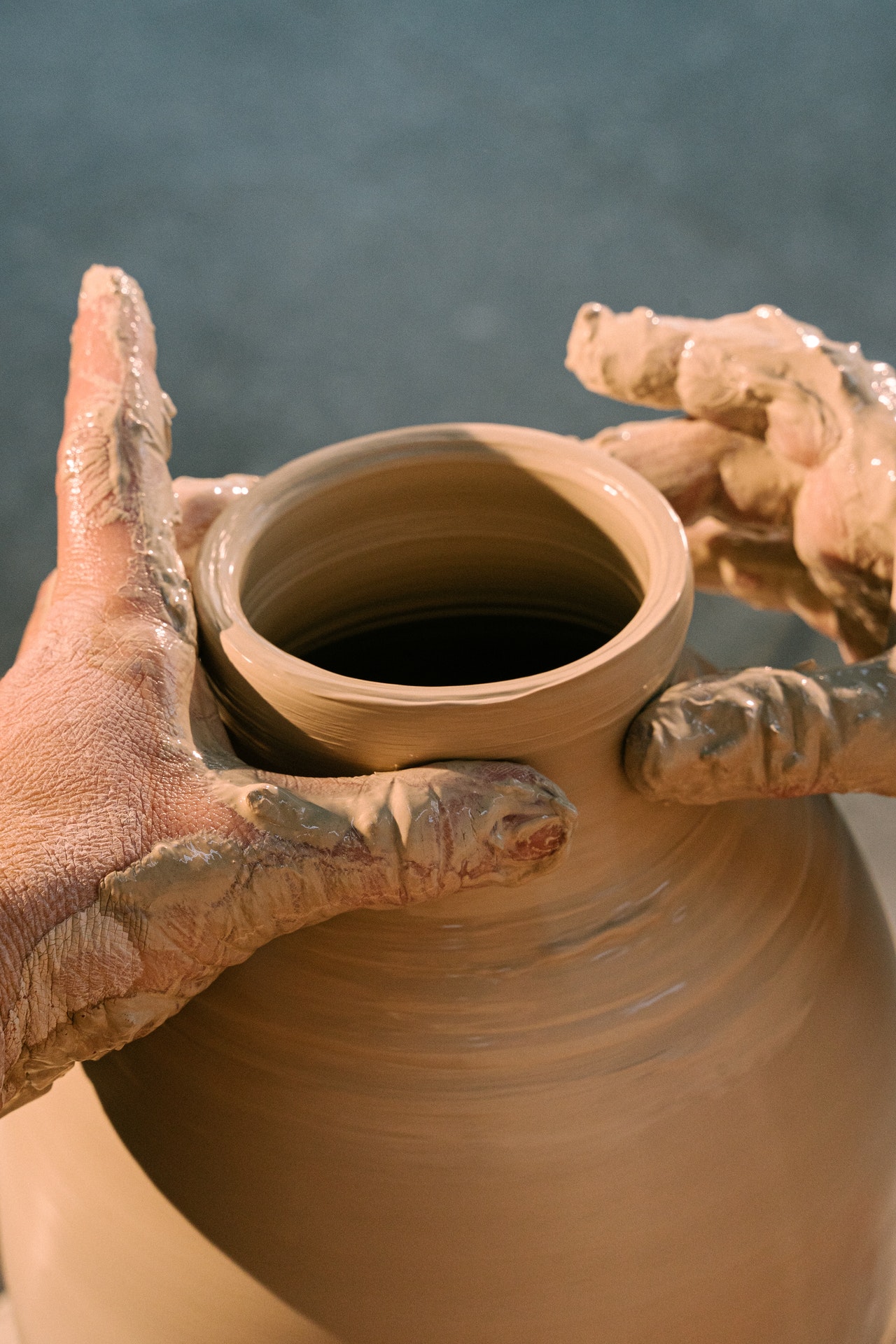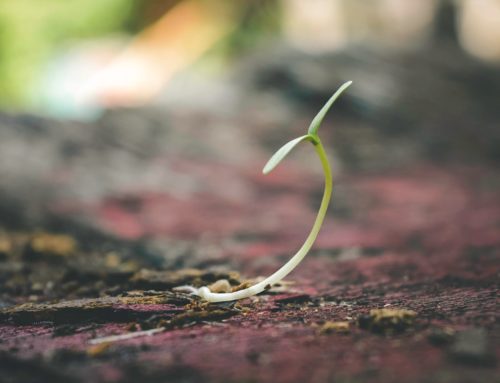One of the most powerful characters in the New Testament is the Apostle Paul. He is clearly a very determined and effective mission agent able to stand up and argue his point of view and refuse to be cowed by other influential voices. So it might surprise you to hear him speaking about his weaknesses and helping us to value our weaknesses. In our reading this Sunday Paul writes: ‘My grace is sufficient for you, for power is made perfect in weakness. So, I will boast all the more gladly of my weaknesses, so that the power of Christ may dwell in me.’
How do we understand the right use of power? Paul says that power is made perfect in weakness. We tend to hide our weaknesses, or feel embarrassed by them, so it seems strange to hear Paul boasting of his weaknesses. In contrast to this, surely God wants us to be resilient and so be able to withstand the storms of life and grow through them to greater maturity, understanding, and faith?
We live in a world that tries to air-brush out our defects. That tendency is clearly seen in those glossy magazines which present the rich and famous as ‘perfect’, or models to be emulated. We value strength and perfection as well as fiercely guarding our privacy and our independence. So Paul’s word may likely irritate us, a bit like the grit inside the oyster shell which produces the pearl of great price. It’s counter-cultural and is meant to get us thinking.
Paul knows as well as anyone that none of us are perfect, and those who try to be can be a bit stand-offish or self-righteous. There is something very human about accepting our frailties and not pretending to be something we aren’t. Paul’s underlying purpose is to help us trust in God’s power and love at work within and among us, rather than to try to do everything in our own strength. Paul constantly reminds us that in the Christian faith we are part of community of skills and talents where each one has a part to play. His image of the church as a ‘body’ where all the different parts work together to form a healthy functioning being helps us grasp this more clearly. And it’s a great source of encouragement to discover that where we don’t have the skills and abilities to achieve a certain goal, others do. When we learn to rely on each other and trust each other we build one another up.
At a major Conference I attended in England many years ago we were allocated into study groups and it soon became clear that the leader of our study group was not very confident. It would have been easy for me to take over the leadership but instead I chose to ask questions that prompted the leader, and so worked to use my knowledge and ‘power’ in that group to support the leader and promote discussion rather than giving all the answers. The result was I think empowering for everyone.
In talking about power and weakness Paul uses a helpful metaphor. He says that our lives (both individually and together) are like an earthen pot. Earthen pots were used to carry water, oil, wine or grain. They were very useful, and were even used to hold people’s money, especially in a time of social upheaval. People would hide their wealth in a clay pot and bury it in the ground. But earthen pots are also very fragile and if dropped easily break. Paul says we are like those clay pots, we are fragile, imperfect beings, but (and it’s a very big ‘but’), God has placed within us the knowledge of God’s love in the person of Jesus Christ. Paul uses poetic language like ‘the knowledge of the glory of God in the face of Jesus Christ’ to emphasise the value of this ‘treasure’ we carry. This treasure of God’s love is something we hold together as the church and are called to share generously with others.
Peter
Photo by Anthony Shkraba from Pexels





